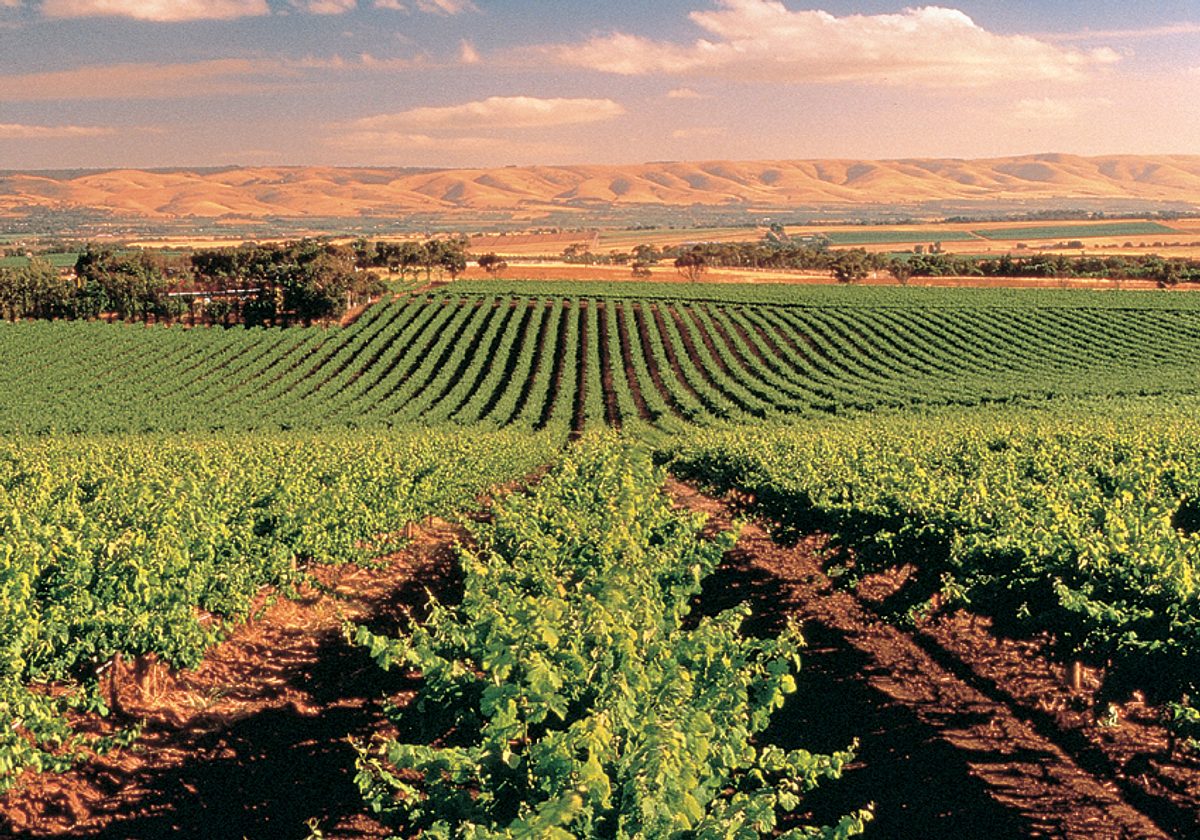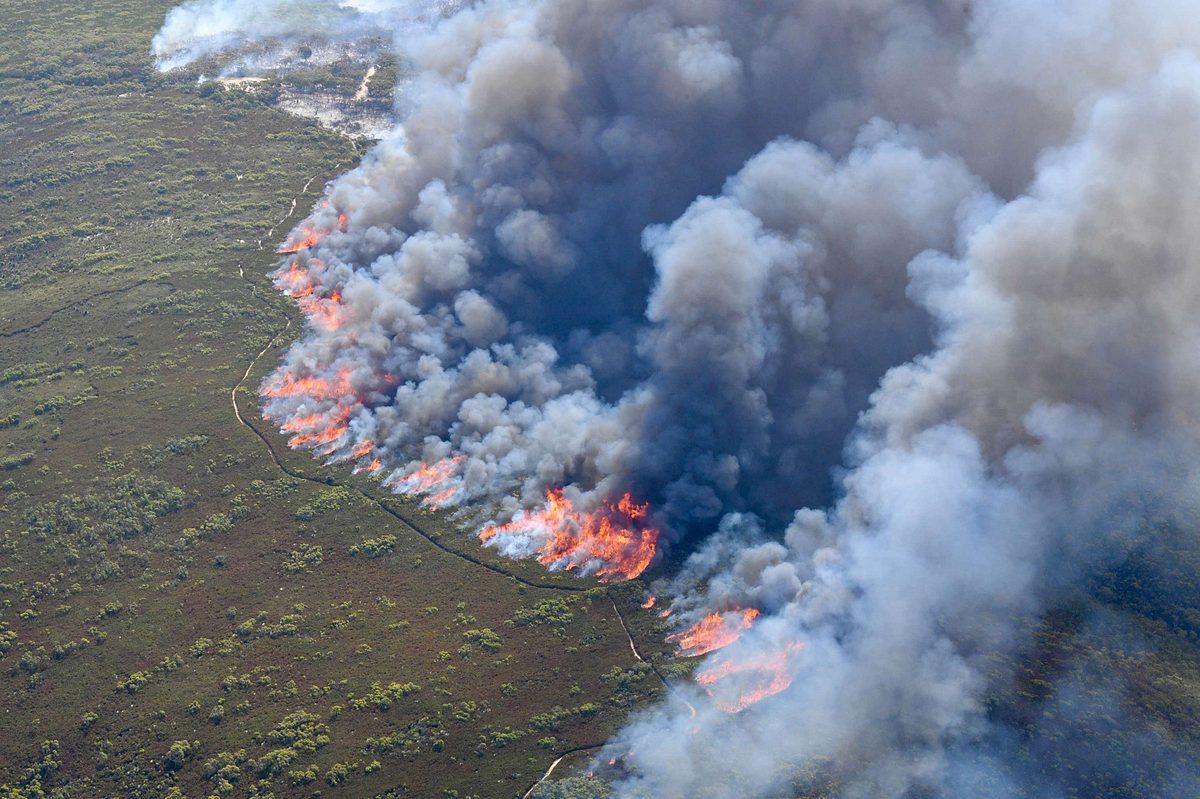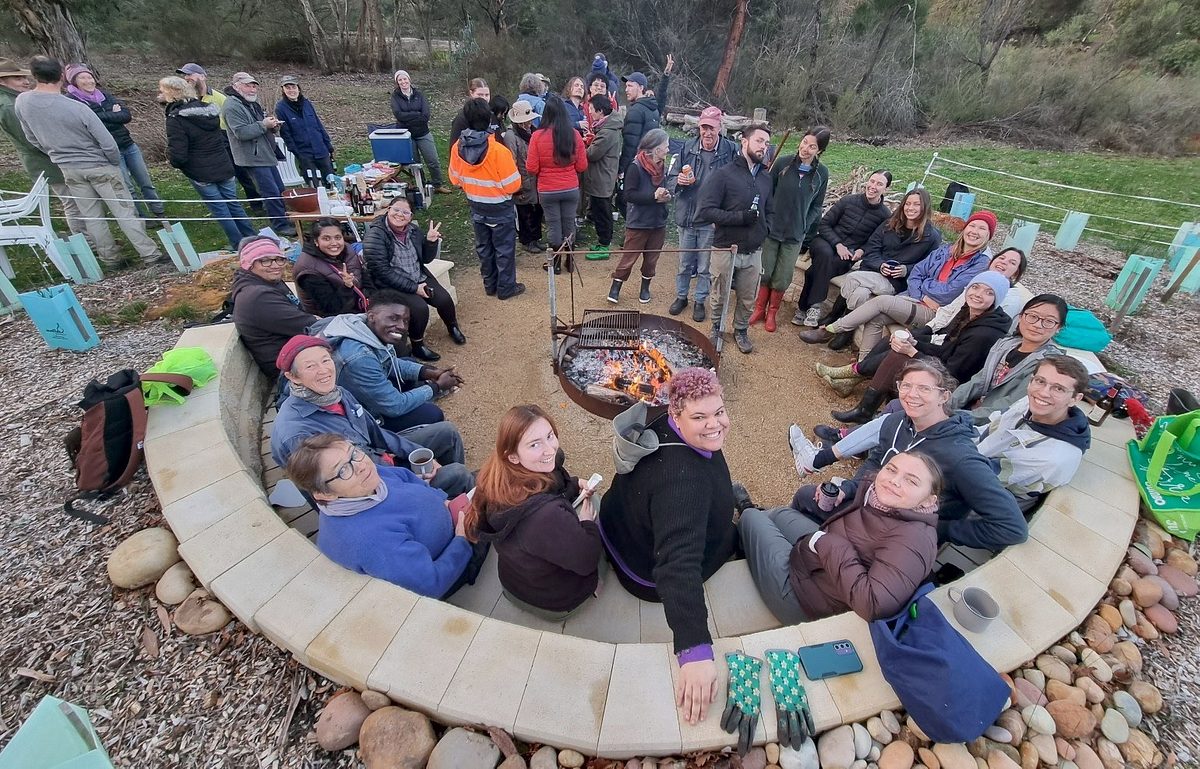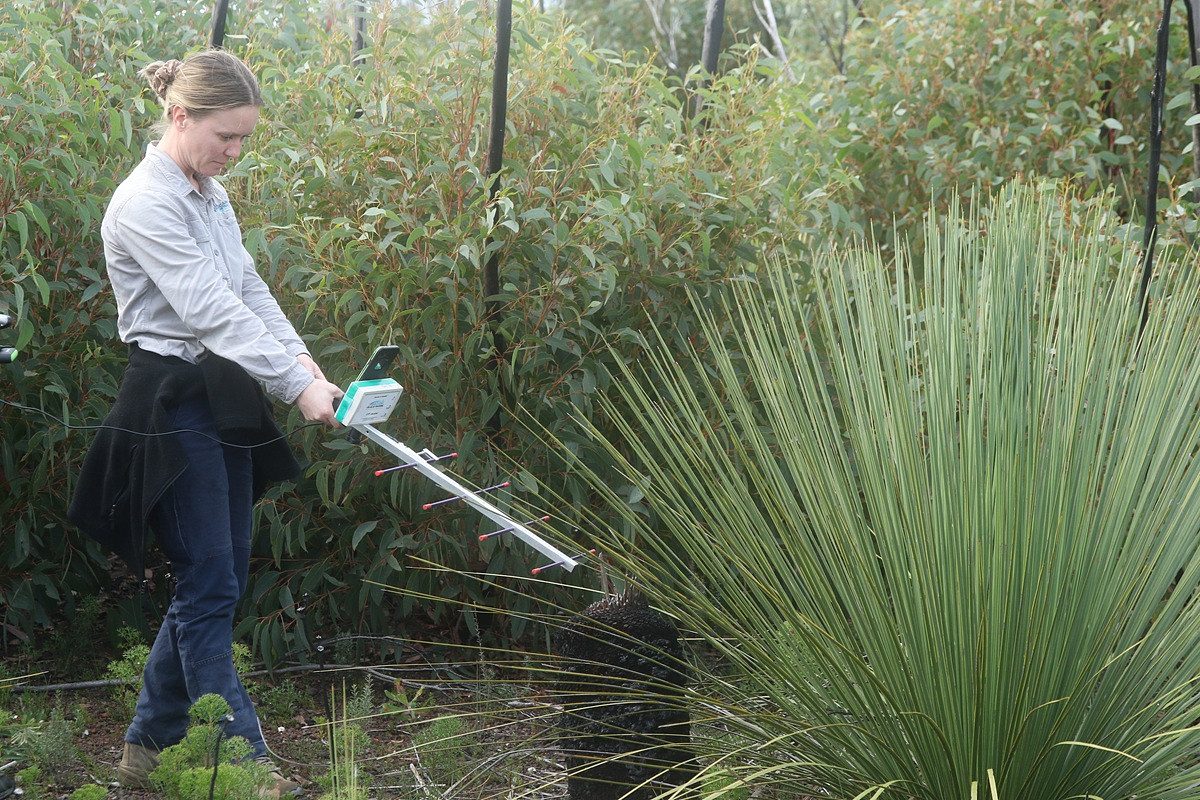Willunga basin hotspots highlight salinity issues
Well monitoring across the Willunga basin has highlighted rising salinity levels in three areas, prompting a call for action including wider testing.
High levels of salinity have developed in the following areas, which are limiting groundwater use for agricultural and viticultural purposes:
- Blewitt Springs- encompassing the area north of Franceshinis Road between Chapel Hill Road and Brookmans Road
- McLaren Vale north – the area from Vaughton’s Track to Whitings Road in the Kays Road /Oliver Road area
- McLaren Flat east –the area around McLaren Flat Road / Elliot Road.
Landscapes Hills and Fleurieu Project Officer for Water Resources Robyn Grey-Gardner explained that work is underway with groundwater licence holders in the ‘hot spot’ zones to identify and implement solutions to the rising salinity levels but all licence holders in the McLaren Vale area are encouraged to get their water tested.
“We are working with a small, dedicated group of affected licence holders in the Maslin Sands and Pirramimma areas to tackle the issue, and had a productive workshop in February. Evidence from water quality tests and meter data indicate that reducing water extraction should be effective in stabilising and lowering salinity, but it will take time. The group are investigating alternative water sources so that extraction can be suitably reduced,” she said
Richard Leask from Hither and Yon is a member of the group and recognises the importance of investigating alternative water sources to ensure his business remains sustainable.
“The research is showing the water quality and quantity in these areas is in decline, and this may have implications for other parts of the basin. We are at a tipping point now and need to look at a number of options to reduce pressure on these areas so to do nothing is not an option,” he said.
The rising salinity in these two areas has highlighted the importance of groundwater monitoring across the Willunga basin. The monitoring provides us with the knowledge to engage pro-actively to help manage the resource.
“This is really a canary in a coal mine situation. At this point in time the salinity hot spots are isolated within the basin and affect a small number of growers. However, it is important for everyone in the Willunga basin to know that high rates of groundwater extraction can lead to a range of problems, including increased salinity. All groundwater licence holders in the McLaren Vale area are encouraged to have their groundwater tested for salinity, and can pick up bottles at the McLaren Vale Grape Wine & Tourism Association. They are to be returned by Friday 28 April 2023. This is a free test and we really encourage everyone with a licensed bore to participate,” said Ms Grey-Gardner.
The McLaren Vale Water Allocation Plan was comprehensively reviewed in 2022, with input from the community. One of the key findings from the review was the need to manage elevated groundwater salinities in some areas. Currently there’s no need to require all water users to act, but this may be necessary at some point in the future to ensure that groundwater quality can be sustained in the long-term.
The Salinity Hot Spot project is a joint initiative of Landscape Hills and Fleurieu and the Department of Environment and Water.
For more information about the Salinity Hot Spot project or water testing for the McLaren Vale Prescribed Wells Areas, please contact Landscapes Hills and Fleurieu on 8391 7500.




